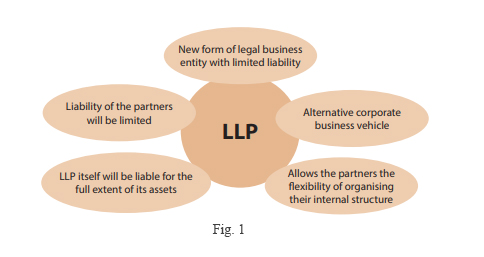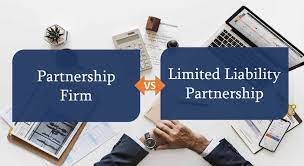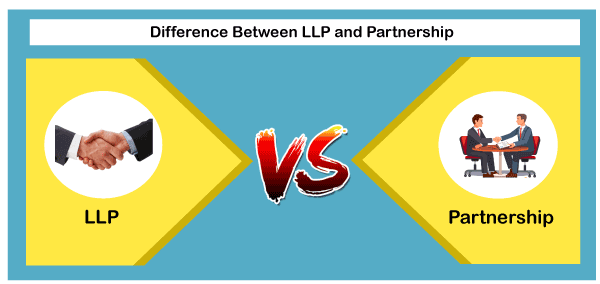Can LLP issue shares?
LLP shares LLP shares: No, an LLP (Limited Liability Partnership) typically does not issue shares. Unlike corporations or companies, which issue shares to represent ownership interests, LLPs are structured as partnerships and do not have shares or shareholders. In an LLP, the partners consider themselves as the owners and participants in the business. Each… Read More »









